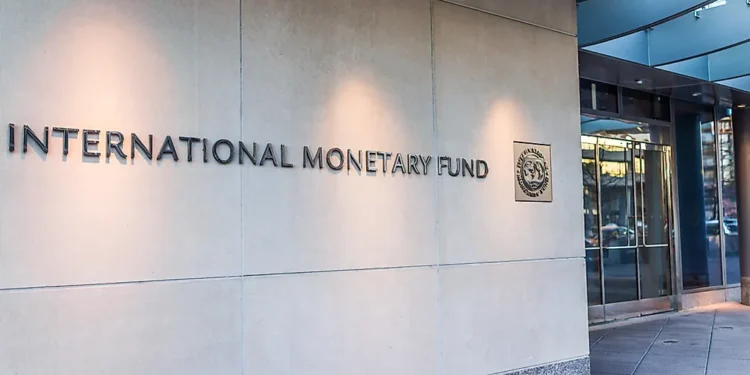The International Monetary Fund (IMF) has called on Georgia to enhance the institutional independence and financial autonomy of its central bank, warning that current laws allow excessive discretion in transferring funds to the government.
The recommendations were outlined in the IMF’s Article IV Consultation summary which followed the Fund’s visit to Georgia on June 4. While the IMF maintained its strong 7.2% growth forecast for Georgia in 2025, it raised concerns about the governance structure of the National Bank of Georgia (NBG).
At the heart of the IMF’s concerns is the NBG’s ability to determine how much of its profit is transferred to the state budget each year. In 2023, the Bank transferred 303 million GEL of its 559 million GEL profit to the government. This figure rose in 2024, with 670 million GEL transferred from a total net profit of 1.1 billion GEL. The remaining amount was allocated to reserves.
Though these transfers are legal procedures, the IMF found a bigger risk: the lack of legal safeguards against discretionary financial support to the government beyond profit-sharing. While the NBG is legally obstructed from directly lending to the government, it can still channel funds under alternative frameworks, a risk to its operational independence.
“Reforms are urgently needed to limit such discretion and clearly separate the central bank’s finances from the government’s fiscal operations,” the IMF stated, recommending legal amendments to prohibit all forms of discretionary transfers.
The appointment of a new governor and the hiring for vacant board seats were acknowledged as steps forward but the IMF stressed that deeper institutional reforms are needed to safeguard the central bank’s independence.














